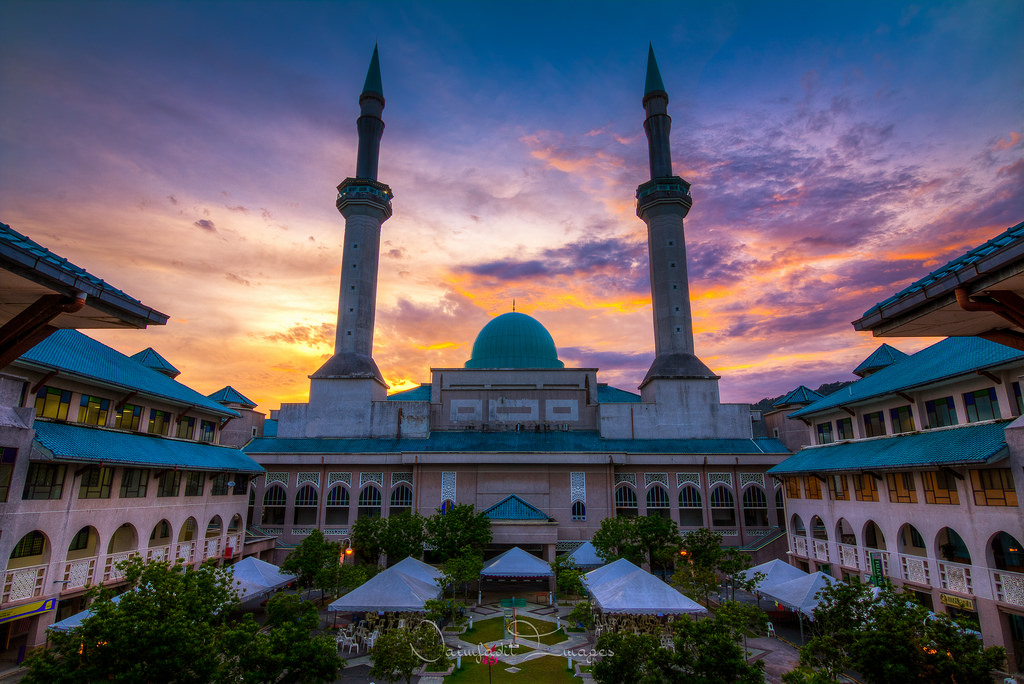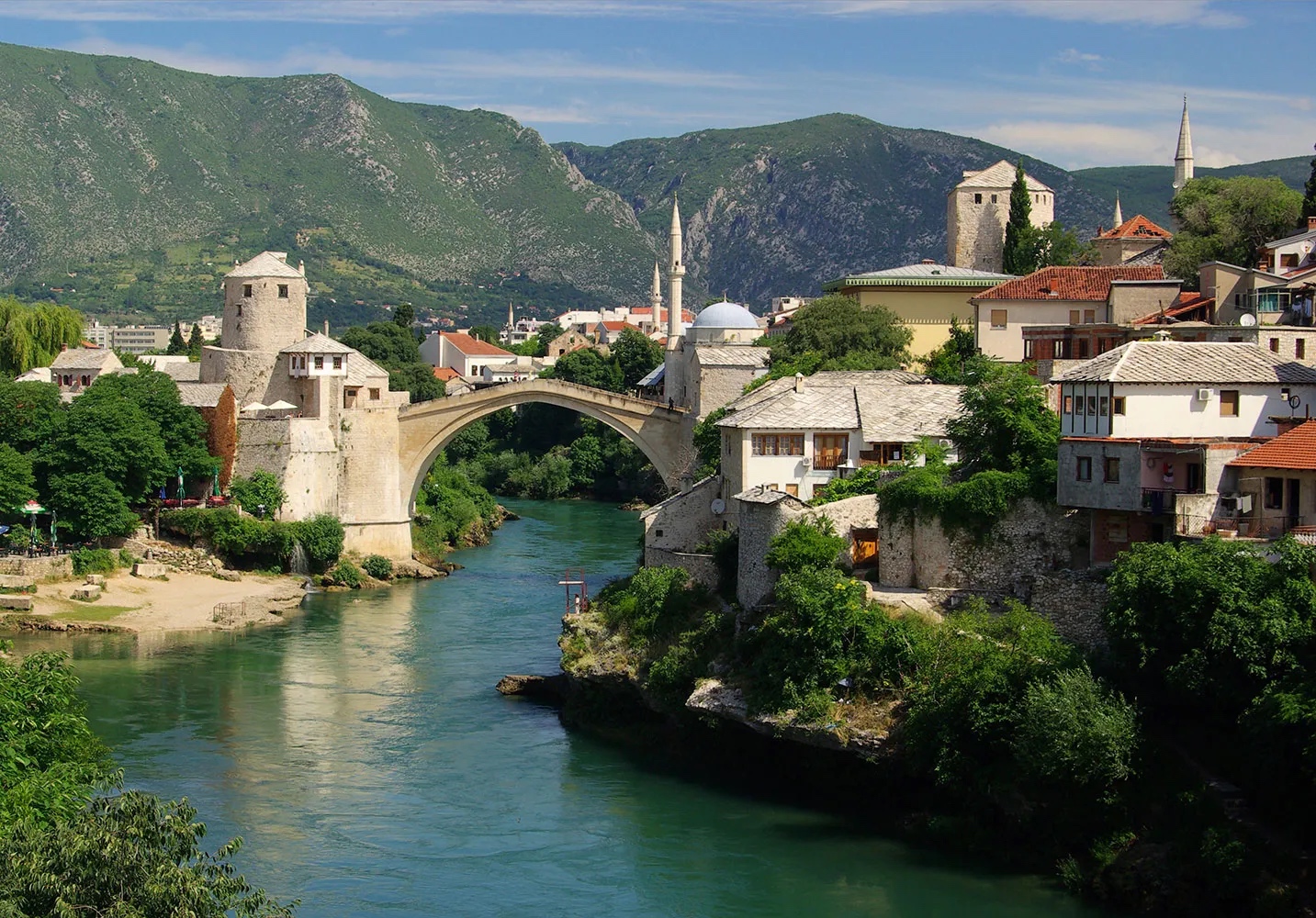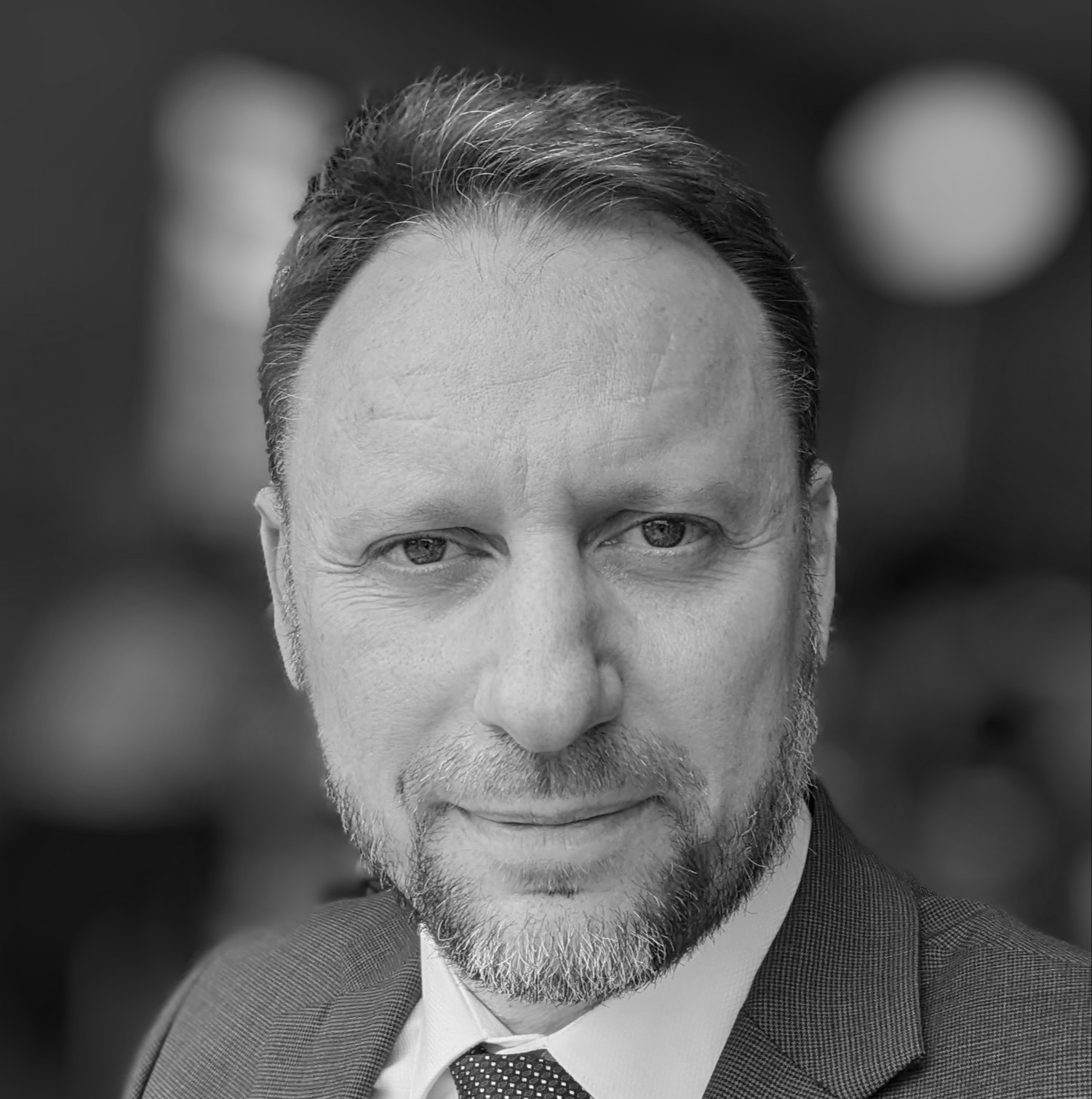 When I was a student at the International Islamic University Malaysia, first in Petaling Jaya, then in Gombak, we were taught the values of a global, cosmopolitan, and inclusive Islamic civilization. Yes, Islamic values took center stage, but we never forgot the context in which we studied the world’s vast Islamic civilization and cultures. Islamic civilization thrives when it is open, cosmopolitan, inclusive, and accepting of other cultures and religions. Calls for religious and ethnic exclusivism go against the best Islamic traditions of acceptance, tolerance, and co-existence.
When I was a student at the International Islamic University Malaysia, first in Petaling Jaya, then in Gombak, we were taught the values of a global, cosmopolitan, and inclusive Islamic civilization. Yes, Islamic values took center stage, but we never forgot the context in which we studied the world’s vast Islamic civilization and cultures. Islamic civilization thrives when it is open, cosmopolitan, inclusive, and accepting of other cultures and religions. Calls for religious and ethnic exclusivism go against the best Islamic traditions of acceptance, tolerance, and co-existence.
Most of the Bosnian students of my generation came to Malaysia when there was brutal aggression in my homeland, which pitted three main ethnic and religious groups against each other. The result of this aggression was the ethnic cleansing and genocide against the Bosniaks (Bosnian Muslims). The Malaysian government at the time, led by Dr. Mahathir Mohammad and Dato Seri Anwar Ibrahim, realized that the Bosnians needed help, so they provided it. Malaysians of all backgrounds supported Bosnia and Bosnians in defense of their homeland. I remember a gathering in Malacca in 1994 during which I gave a speech, the excerpts of which were published the next day in the New Straits Times. I do not have a copy of it. Still, I do remember how I sat at the table with Malaysians of different backgrounds – Malays, Chinese, and Indians – and they all seemed to have been genuinely concerned with the situation in Bosnia. This support meant so much to us then and still means a lot to us now. The Malaysians are at their best when they work together on a mutually beneficial goal.
The alternative to working together is ethnic mistrust, labeling, and hostility. The leader of the Bosnian Serbs, Radovan Karadžić, was found guilty on ten counts of war crimes, genocide, and crimes against humanity in 2016 by the International Criminal Tribunal for Former Yugoslavia in the Hague, Netherlands. He was sentenced to life in prison in 2019. In the early 1990s, he threatened the Bosniak leadership from the floor of the Bosnian Parliament: “Do not think that you are not taking Bosnia to the same highway of hell and suffering [as in Croatia] and that you are not leading the Muslims into annihilation. ” Sensing the threat to his country, the late Bosnian President Alija Izetbegović appealed to the voice of reason and warned against war, predicting that if it happened, “there will remain three bloodied and defeated people, bewildered and brought down to the level of barbarism.” Unfortunately, his prediction came to pass as the Serb leaders decided to attack Bosnia. The country is still recovering from the aggression and conflict three decades later.
Against the backdrop of the aggression against Bosnia, we witnessed something different and uplifting in Malaysia: people working together to better the country and their well-being. We used to board mini buses that were ill-suited for tall Bosnians to carry us around the Klang Valley. I still remember the conductors yelling, “Bangkok Bank! Bangkok Bank!” Today, Kuala Lumpur has a modern transportation system, while mini buses are relegated to the nostalgic past. Tall buildings have mushroomed all over. The development trickled down to rural areas as many kampungs benefitted from this prosperity. This progress was happening in front of our eyes. Thus, combining our study of Islam and human sciences with living in a prosperous, well-managed, ethnically diverse Muslim-majority society, we reacquired the drive to contribute to rebuilding our country. Many IIUM graduates returned to Bosnia, where they built successful lives and careers. Others, like me, moved to other countries and did the same. Yet, the education and lived experience in Malaysia that was rapidly developing in the 1990s remained with us as the benchmark all the while.
 Among the things I learned while pursuing my two BAs and an MA in Malaysia was that the Prophet Muhammad (peace be upon him) entered into the Alliance of Virtue (hilf al-fudul) before he was the prophet of Islam. Later on, recalling this experience, he stated: “I witnessed a pact of justice in the house of Abdullah ibn Jud’an that was more beloved to me than a herd of expensive red camels. If I were called to it now in the time of Islam, I would respond.” A famous biographer, Ibn Hisham, commented, “They promised and pledged that they would not find any wronged person among their people, or anyone else who entered Mecca, but that they would support him. They would stand against whoever oppressed them until the rights of the oppressed were restored.” In short, the universal values of justice precede any particular claim.
Among the things I learned while pursuing my two BAs and an MA in Malaysia was that the Prophet Muhammad (peace be upon him) entered into the Alliance of Virtue (hilf al-fudul) before he was the prophet of Islam. Later on, recalling this experience, he stated: “I witnessed a pact of justice in the house of Abdullah ibn Jud’an that was more beloved to me than a herd of expensive red camels. If I were called to it now in the time of Islam, I would respond.” A famous biographer, Ibn Hisham, commented, “They promised and pledged that they would not find any wronged person among their people, or anyone else who entered Mecca, but that they would support him. They would stand against whoever oppressed them until the rights of the oppressed were restored.” In short, the universal values of justice precede any particular claim.
Likewise, when the Prophet (pbuh) migrated from Makkah to Madinah, he drafted a series of documents that came to be known as the Charter (Constitution) of Madinah. In it, he affirmed different groups and tribes in the city at the time. One of the clauses in the document stated, more than 1400 years ago, “The Jews … shall be considered as one community (Ummah) along with the believers – for the Jews their religion, for the Muslim theirs.” This acceptance of religious and ethnic diversity is thus profoundly enshrined in the prophetic tradition.
Calls for particularism or ethnic supremacy are alien to Islamic values, even if Muslims sometimes fall short of the ideal affirmed by their Beloved Prophet (pbuh). The Malaysians are well-educated and informed. As they are approaching the upcoming election, I am hopeful that the values I learned as a student in Malaysia will be the values on which this beautiful country will continue to build for a very long time.
 Originally from Bosnia and Herzegovina, Ermin Sinanović is a political scientist and the executive director of the Center for Islam in the Contemporary World (CICW) at Shenandoah University in Virginia, USA. He has two bachelor’s degrees from the International Islamic University Malaysia (one in Islamic Revealed Knowledge, specializing in the Qur’an and Sunnah, the other in political science) and an MA in Islamic Civilization from the International Institute of Islamic Thought and Civilization (ISTAC) in Kuala Lumpur, where he studied with world-renown Muslim scholars, including Syed Muhammad Naquib al-Attas.
Originally from Bosnia and Herzegovina, Ermin Sinanović is a political scientist and the executive director of the Center for Islam in the Contemporary World (CICW) at Shenandoah University in Virginia, USA. He has two bachelor’s degrees from the International Islamic University Malaysia (one in Islamic Revealed Knowledge, specializing in the Qur’an and Sunnah, the other in political science) and an MA in Islamic Civilization from the International Institute of Islamic Thought and Civilization (ISTAC) in Kuala Lumpur, where he studied with world-renown Muslim scholars, including Syed Muhammad Naquib al-Attas.

